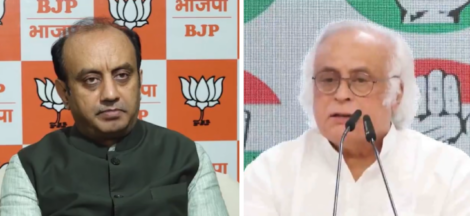The Union Cabinet has approved key amendments to the Waqf Bill following recommendations from a parliamentary committee. These revisions, which address 14 of the 23 proposed changes, are set to be tabled when the House reconvenes on March 10.
The Waqf Bill, initially introduced with significant provisions, has stirred considerable debate regarding its implications for the management and regulation of Waqf properties. The bill aims to empower state governments to establish dedicated committees for better oversight and improved financial management of Waqf properties. This follows concerns raised about the current state of Waqf administration and its potential misuse or mismanagement.
The joint parliamentary committee, which reviewed the bill, suggested several changes to ensure greater transparency and accountability in the functioning of Waqf boards. Among the amendments accepted by the Cabinet, a notable one is the introduction of more stringent oversight measures, which include provisions for better auditing and reporting of Waqf assets. These changes aim to strengthen the governance of Waqf properties, ensuring they are used effectively for the welfare of the communities they serve.
In addition to these financial measures, the Cabinet also approved changes that focus on making the Waqf property management system more inclusive. One such provision allows for greater representation from various community sectors in the Waqf boards, thereby ensuring that the administration of Waqf assets is more reflective of the diverse needs of those the properties are meant to benefit. The revision also includes provisions for establishing a clearer process for the disposal or transfer of Waqf properties, ensuring that such decisions are made in the best interests of the community.
Critics of the bill, however, continue to raise concerns about the broader implications of these amendments. Some argue that despite the changes, the bill still leaves room for potential interference in the management of Waqf properties, particularly through increased governmental control. These concerns have led to calls for further safeguards to ensure the autonomy of Waqf boards and the protection of Waqf assets from political influence.
The amendments also seek to address the long-standing issues of underutilised Waqf properties. With the introduction of new provisions, it is hoped that the bill will encourage more effective use of these assets, potentially leading to economic benefits for local communities. The government has expressed confidence that these changes will modernise the Waqf system, ensuring it aligns with contemporary governance standards and effectively contributes to the welfare of society.
The decision to introduce these revisions comes after months of deliberation and consultation, highlighting the importance the government places on reforming the Waqf system. While the bill’s original form sparked considerable controversy, the amendments have been seen by some as a step towards addressing the concerns raised by both supporters and detractors. However, others remain wary, questioning whether the changes go far enough to safeguard the autonomy of Waqf institutions.
As the amended bill moves forward, it will be closely scrutinised during its presentation in Parliament. Lawmakers will have the opportunity to debate its provisions and make any further adjustments before it is finalised. With the House reconvening on March 10, the coming weeks will be critical in determining the future direction of the Waqf Bill and its potential impact on the governance of religious and charitable properties in the country.




 Australia To Invest $16 Million To Boost Trade Ties With India
Australia To Invest $16 Million To Boost Trade Ties With India 